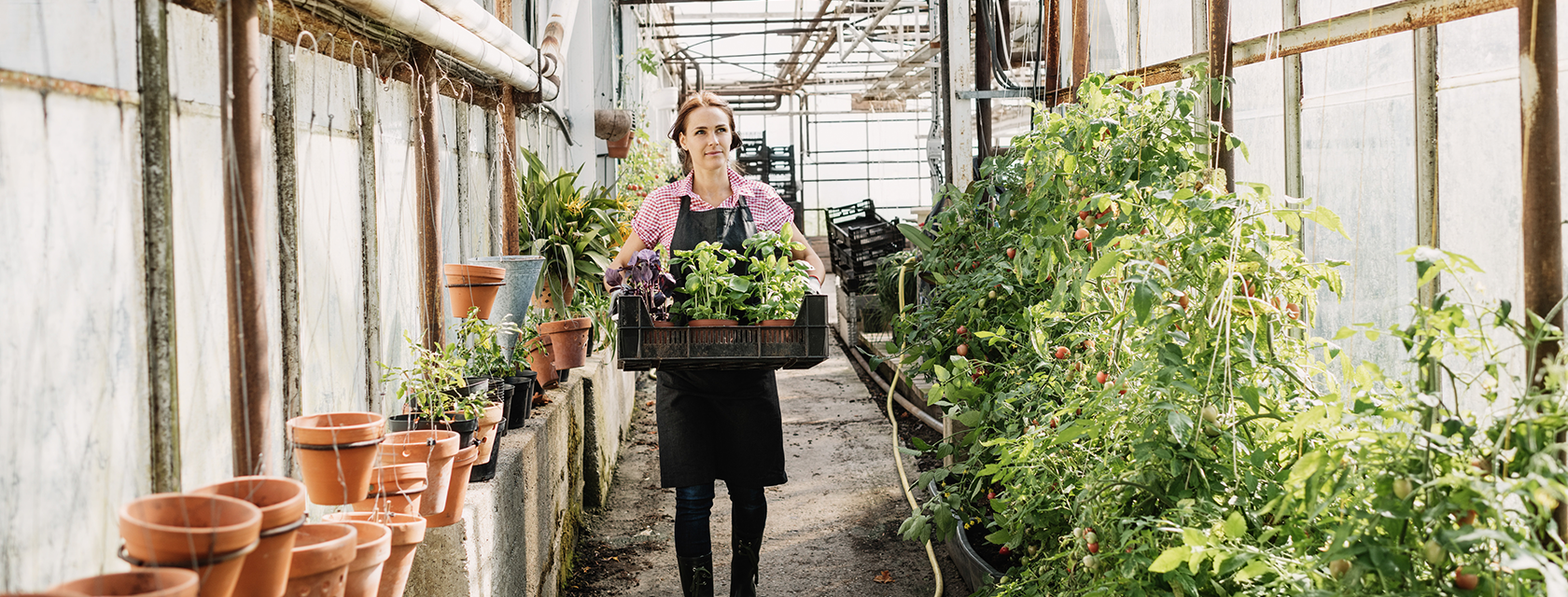
Advancing sustainability, one experiment at a time
April 21, 2020 | By Dimitrios DosisWith the unprecedented impact of COVID-19 disrupting day-to-day life around the globe, businesses everywhere have had to adjust to entirely new customer needs and shopping patterns. Some have struggled for a wide range of understandable reasons, feeling their only course was to get rid of product or shut down operations entirely. Others have been able to show true creativity and reinforced commitment as they focus on helping customers get through this uncertain time. But this should come as no surprise. Many businesses have shown incredible agility in recent years to meet rapidly changing consumer needs and market conditions.
At times like these, survival is the primary goal. But we can’t ignore the opportunity to stay the course for sustainability, even if the short-term goal of getting through this crisis is more pressing.
Not only is sustainability an imperative of conscience, but it’s a business imperative — with 81% of consumers feeling strongly that companies should be helping improve the environment. Yet, done wrong, changes to products, store layouts and policies can alienate consumers and hinder business profits.
For two decades, retailers have turned to Mastercard’s “test and learn” experimentation platform to try their ideas before rolling them out broadly. This platform was built to help them figure out what works and, perhaps more importantly, what doesn’t — increasing consumer satisfaction and improving the return on their investments. As we approach Earth Day, we want to highlight some of the exciting trends we’ve witnessed firsthand.
In the past year, we’ve seen a significant uptick in retailers experimenting with key areas of sustainability:
-
Implementing new technology to increase freshness and prolong shelf life
-
Enhancing energy efficiency in stores
-
And, last but not least, reducing spoilage and food waste
The issue of spoilage is an immensely important one. An estimated 1.3 billion tons of food are wasted globally each year, enough to feed the 815 million hungry people in the world — four times over. It’s also a huge business problem: Each year, food losses and waste amount to roughly US$680 billion in industrialized countries and US$310 billion in developing countries. And this is all before many U.S. farmers felt they had no choice but to plow under fields or shut down meat-processing operations.
One restaurant chain turned to test and learn to better understand if it made sense to eliminate premade menu items more likely to spoil. The tests found that this was beneficial in certain stores, particularly the ones with lower daytime populations. Another chain store was rolling out new technology to increase the freshness of perishable foods, and thus reduce spoilage. An analysis across locations pinpointed the stores where the new technology investments were the most effective — maximizing their return on investment and environmental impact.
To enhance energy efficiency, one retailer wanted to measure the impact of adding doors to open coolers. Using our test and learn platform, they learned that this additional “barrier” wasn’t a barrier to sales. Similarly, another retailer trialed new energy-efficient lighting outside stores. The experiment found that, even though stores were less illuminated, there was no impact to traffic or sales.
In addition to our own sustainability efforts, our work with retailers, banks and others is an exciting way that we can make a difference. We’ve performed nearly 4 million test and learn experiments to date — helping to drive innovation, efficiency and impact.
As a global company that serves customers in more than 210 countries and territories, we have the opportunity to build an inclusive world that works for everyone, everywhere. By creating scalable solutions that balance business goals and environmental needs, we can build pathways to a more secure — and sustainable — future for all.